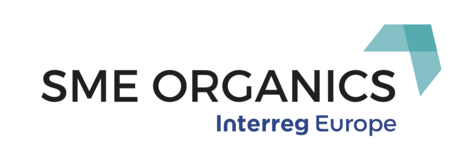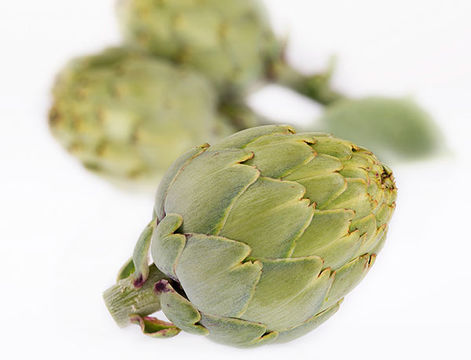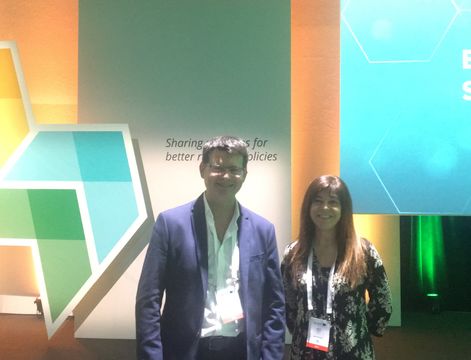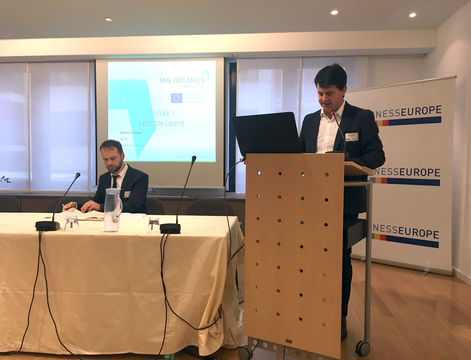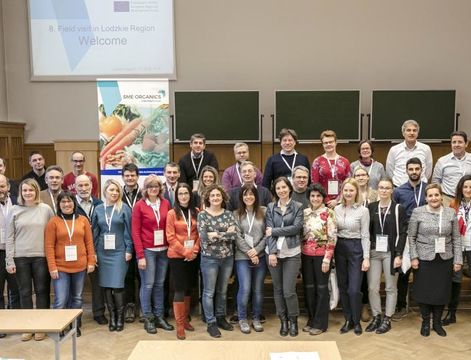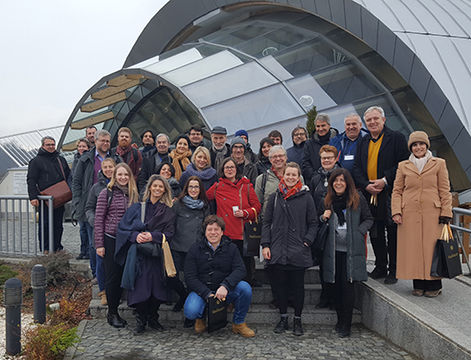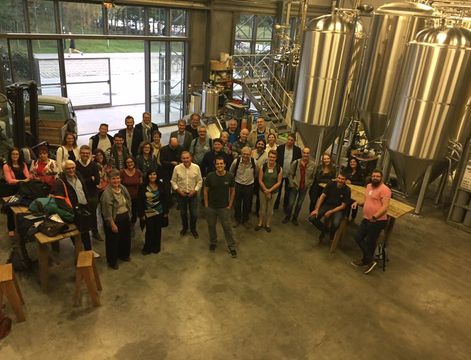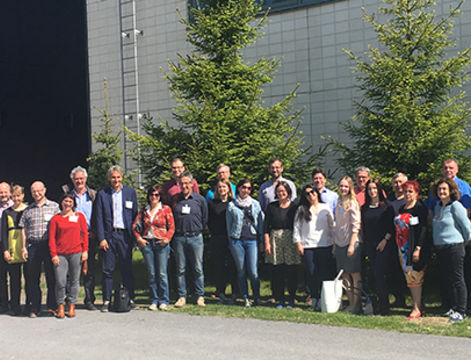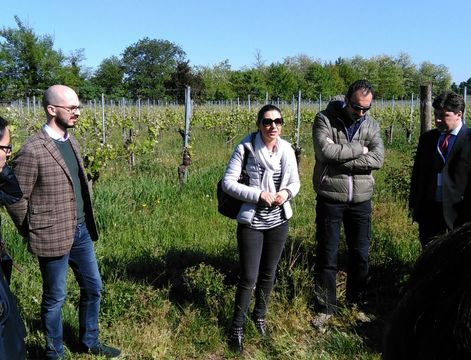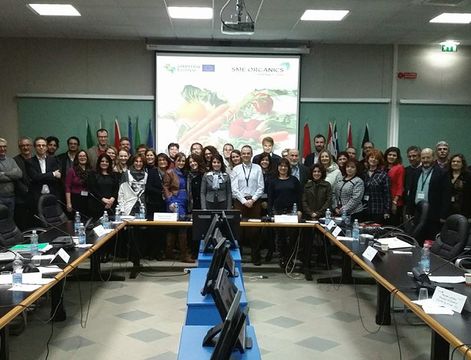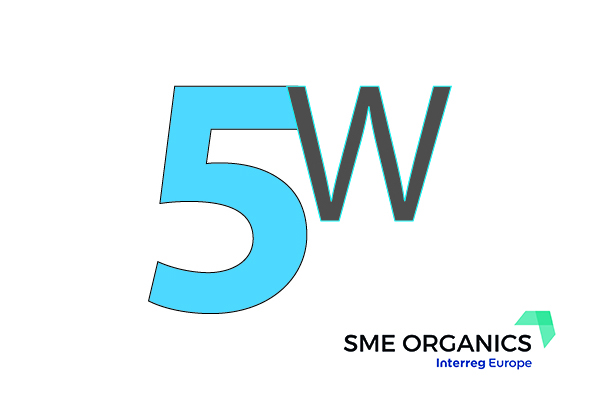The first interregional field visit of the SME ORGANICS project took place in Aargau (Switzerland) on 8-9 September. It was hosted by FiBL (Research Institute of Organic Agriculture), one of the world’s leading research and information centres for organic agriculture, which works together with farmers to develop innovative and cost-effective solutions to boost agricultural productivity while never losing sight of environmental, health and socio-economic impacts. Within SME ORGANICS FiBL is in charge of developing the diagnosis and the Organic Action Plan for the Canton of Aargau.
The aim was was to learn about the policies to support the organic sector at all the stages of the value chain (from the production to the consumption) and taking into account aspects such as innovation and SMEs competitiveness, both as Swiss and cantonal levels. The event was attended by 38 participants from Aargau (Switzerland); Aquitaine, Limousin, Poitou-Charentes (France); Lodzkie (Poland); South Ostrobothnia (Finland); North-West Romania (Romania); Navarra (Spain); Lombardy and Puglia (Italy) and IFOAM EU.
On 8 September the morning session started with the presentations of FiBL about Swiss Organic Action Plan Guide and Production measures, with examples of regional Organic Action Plans including those for Fribourg and Jura. The SME ORGANICS activities planned for the Aargau canton were also presented. Next, FiBL developed the story of some good practice examples: projects for regional development (from the Federal Office for Agriculture) and the new regional development policy.
Parallel workshops then enabled participants to discuss and exchange experience with regard to which kind of policies and measures are most beneficial to support the organic sector at regional level. Four workshops were organised, allowing to focus on different aspects of the organic sector value chain: production and processing (led by Interbio); training and advice (led by FiBL); organic value chain efficiency and governance (led by SEUAS); and commercialization and marketing (led by FiBL).
In the afternoon, the participants visited two organic SMEs as examples of good practices: Zentrum-Metzg which sells meat that is produced and processed according to the guidelines of Bio Suisse, and Bio Partner, a leading organic wholesaler in Switzerland that also offers an online shop with a wide range of organic products. Bio Partner has its own quality management to ensure the quality and legal conformity of the product range.
At the end of the day, a visit & dinner was held at Eichberg, an organic farm producing crops, eggs, vegetables and artisanal food (cookies, cakes, marmalades, pralines, etc.). As part of their multifunctional approach, the farm also runs a farm shop and a health and leisure hotel and restaurant.
On 9 September the SME ORGANICS field visit to Aargau continued with a variety of sessions. The production and processing standards and guidelines of Swiss organic and Bio Suisse were explained, as well as what kind of additives are allowed in organic production and how do the restrictions influence the sensory characteristics of organic products. In addition, a presentation by Hightech Center Aargau focussed on how product innovation and SME competitiveness can be promoted by public policy. And, the last presentation, by FiBL, focused on market development and consumer trends.
A visit to the FIBL facilities was the perfect close to these inspirational days, where SME ORGANICS partners also took the chance to meet for a short working consortium meeting.
All presentations are available at http://www.interregeurope.eu/smeorganics/library/
